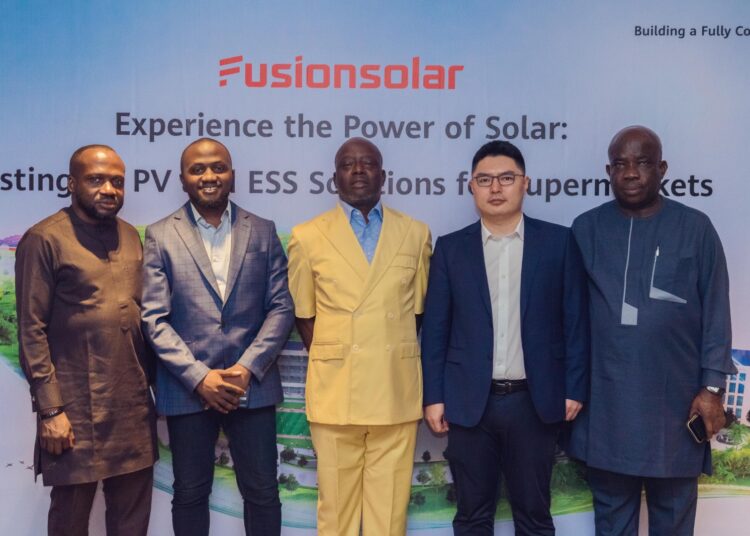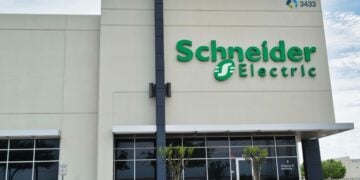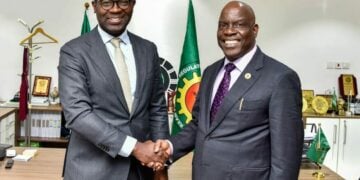Huawei has reaffirmed its commitment to building a greener economy in Nigeria by rolling out its PV and ESS solutions for businesses, which align with the country’s efforts to promote renewable energy and reduce dependence on fossil fuels.
At the “Experience the Power of Solar: Exploring PV and ESS Solutions for Supermarkets” event, Huawei showcased its innovative solutions designed to significantly reduce electricity costs and ensure stable power supply for supermarkets.
Head of C&I and Solutions Architect at Huawei Digital Power Business, Jeremiah Ejiroghene Aminode, emphasised the company’s dedication to addressing power instability and rising business costs through collaboration with customers.
“This marks our first solar energy rollout for commercial and industrial businesses, focussing on superstores. Although we’ve been in Nigeria’s solar sector for over 10 years, our focus was previously on telecom solutions,” Aminode explained.
Highlighting the challenges faced by superstores, including high diesel and electricity costs due to frequent generator use, Aminode stressed the importance of sustainability and reducing carbon emissions.
“The cost of diesel has surged over 300 per cent from N218 to N1,462 (approximately $0.92 per litre or $0.45 per kilowatt hour). In contrast, solar energy costs between $0.5 and $0.9 per kilowatt hour, while energy storage systems (batteries) cost 0.20 to 0.25 cents per kilowatt hour.”
Aminode emphasised the benefits of solar energy, citing reduced generator usage, increased power harnessing, and mitigated diesel costs. “Business owners should invest in solar energy, as the levelized cost of energy has dropped. Instead of relying on tariffs and diesel costs, investing in solar and storage ensures higher profits, business expansion, and sustainable production.”
Huawei’s solar systems integrate cutting-edge AI technologies, utilising algorithms and ICT components for comprehensive protection. Advanced sensors monitor battery cells and inverter circuit boards, demonstrating intelligence and aligning with Huawei’s vision of a fully interconnected and intelligent world.
“We aim to expand and build a greener economy in Nigeria and Africa, using reliable, safe, and high-quality products to reduce dependence on grid and generator power,” Aminode concluded.





